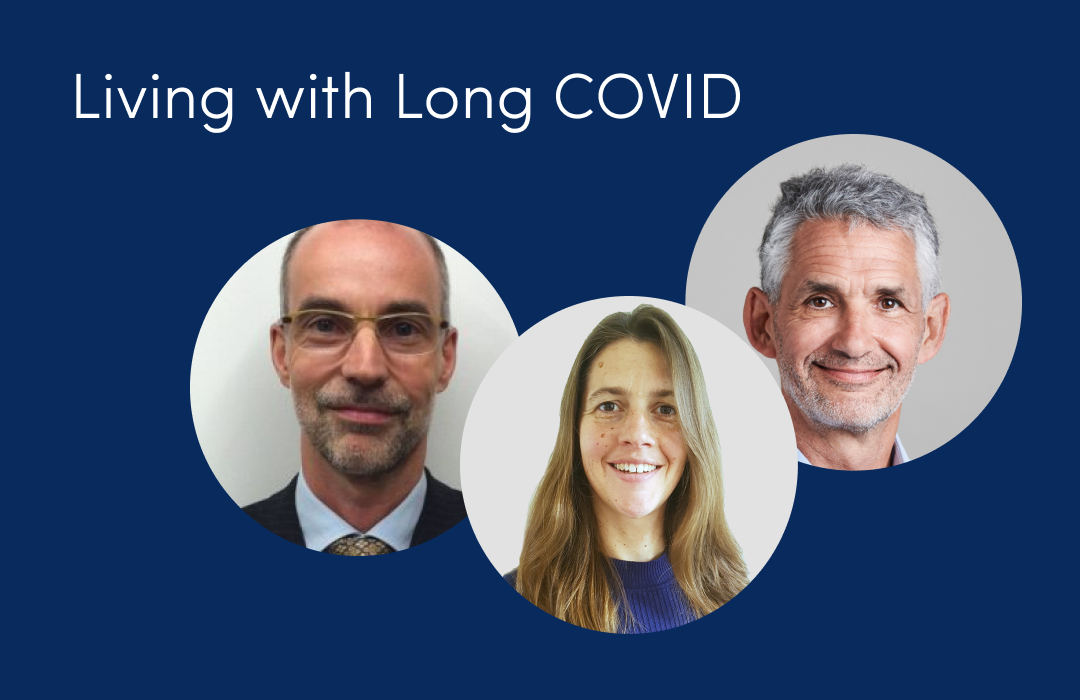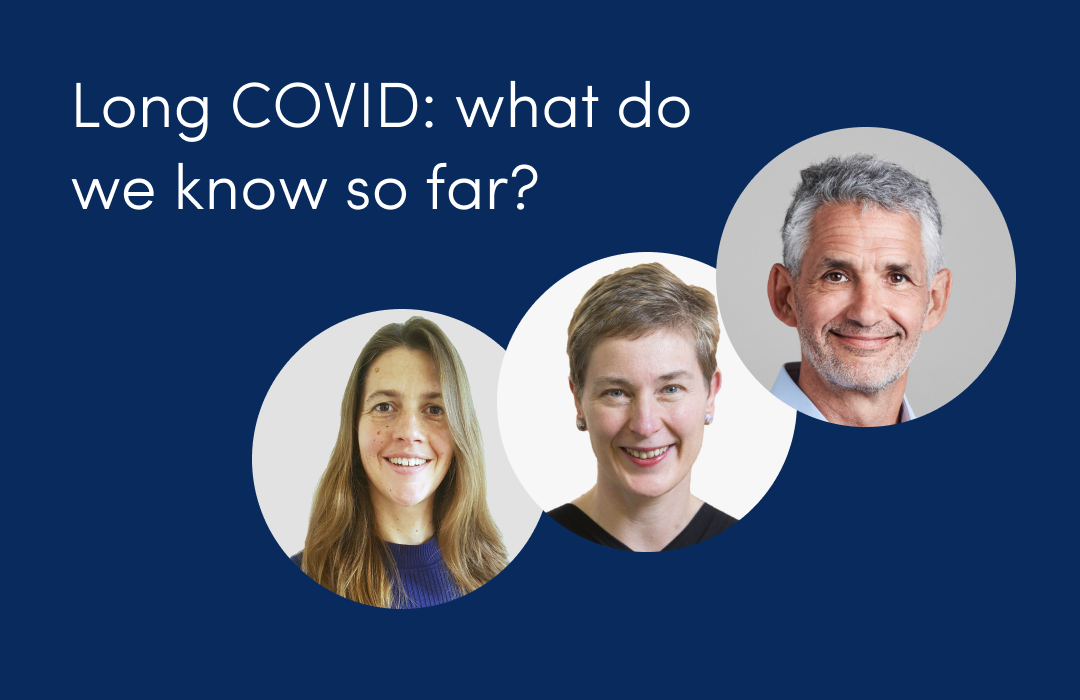
Smokers more at risk from COVID-19
May 21, 2020

This article has not been updated recently
COVID Symptom Study data confirms that smokers are at increased risk from COVID-19 and more likely to be hospitalised with the disease
Data from the COVID Symptom Study shows that smokers are at a greater risk from COVID-19 and more likely to end up in hospital than non-smokers, confirming previous smaller studies suggesting a link between smoking and the severity of the disease.
The results are published online as a pre-print, and have been submitted to a leading scientific journal for peer review and publication.
Developed by health technology company ZOE, the COVID Symptom Study app has more than 3 million users across the UK, US and Sweden, making it the largest ongoing coronavirus study in the world.
The app asks people to answer simple questions about themselves and their health, then log how they feel on a daily basis, whether they are well or experiencing any symptoms related to COVID-19, along with the results of any coronavirus tests.
Researchers at ZOE and King’s College London analysed data from more than 2.4 million UK study participants who logged their health through the app for an average of two weeks, of whom 11% were smokers. This is a slightly lower proportion than the overall UK population (14.7%), which probably reflects the demographic mix of people using the app.
Just over a third of users (834,437) reported not feeling physically normal during this time. However, current smokers were 14% more likely to develop the three classic symptoms of coronavirus infection - fever, persistent cough and shortness of breath - than non-smokers.
Smokers were also 29% more likely to report more than 5 symptoms associated with COVID-19 and 50% more likely to report more than 10, including loss of smell, skipping meals, tiredness, diarrhoea, confusion or muscle pain. In addition, smokers were more than twice as likely as non-smokers to end up in hospital with severe symptoms of COVID-19 having tested positive for the disease.
The findings match the results of a recent study published in the New England Journal of Medicine showing that smokers admitted to hospital with COVID-19 were 1.8 times more likely to die than non-smokers.
About 1% of people using the app had undertaken a PCR/swab test to see if they were infected with coronavirus. Curiously, the team found that smokers were actually less likely to test positive for COVID-19 - a finding that has also emerged in previous studies and has been used as evidence for a potential protective effect of smoking.
However, due to the small proportion of people in the study receiving tests and the fact that most coronavirus testing is carried out on healthcare workers and people attending hospital, it is difficult to apply these findings more widely to the general population.
Additionally, the smokers in the COVID Symptom Study who did test positive for coronavirus tended to have worse symptoms than positive non-smokers, reinforcing the link between smoking and more severe disease.
Research by YouGov suggests that more than 300,000 smokers may have already been prompted to quit by concerns about COVID-19. As well as reducing the risk from COVID-19, quitting smoking rapidly reduces the risk of other respiratory infections as well as heart attacks, strokes and some types of cancer.
Quitting smoking also protects others by reducing their exposure to second-hand smoke, particularly children. Smokers who are concerned can visit todayistheday.co.uk to find out more about getting help to quit.
Lead researcher Dr Claire Steves, Senior Clinical Lecturer at King’s College London, said:
“Our results provide compelling evidence for a link between smoking and risk from COVID-19, so we’d like to see advice about quitting smoking being incorporated into national health messaging about the coronavirus pandemic. It might feel hard to quit, especially when things seem so stressful, but stopping smoking is a positive way to protect your health at this vital time.”
Dr Nicholas Hopkinson, Reader in Respiratory Medicine at Imperial College and an author of the study said:
“The results underline that the Government needs to step up and support the QuitForCOVID campaign, so that smokers get the support they need to quit.”
Ann McNeill, Professor of Tobacco Addiction at the National Addiction Centre, KCL said:
“If you or one of your loved ones is going to quit smoking, it's a good idea to get support. You can get behavioural support via the telephone or video, and there are pharmacological options including varenicline or nicotine replacement products, such as patches, gum or inhalators, as well as nicotine vaping products or e-cigarettes, which have been shown to help.”












.png)


.jpg)














.png)







%202.png)
.png)


















.png)






